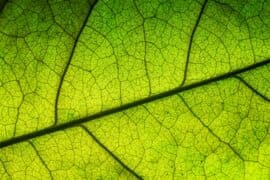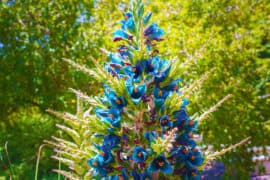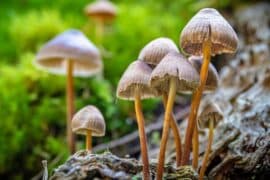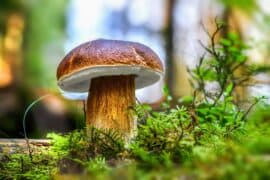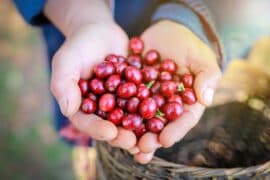Sinque aculcatis
(Solanum chacoense)
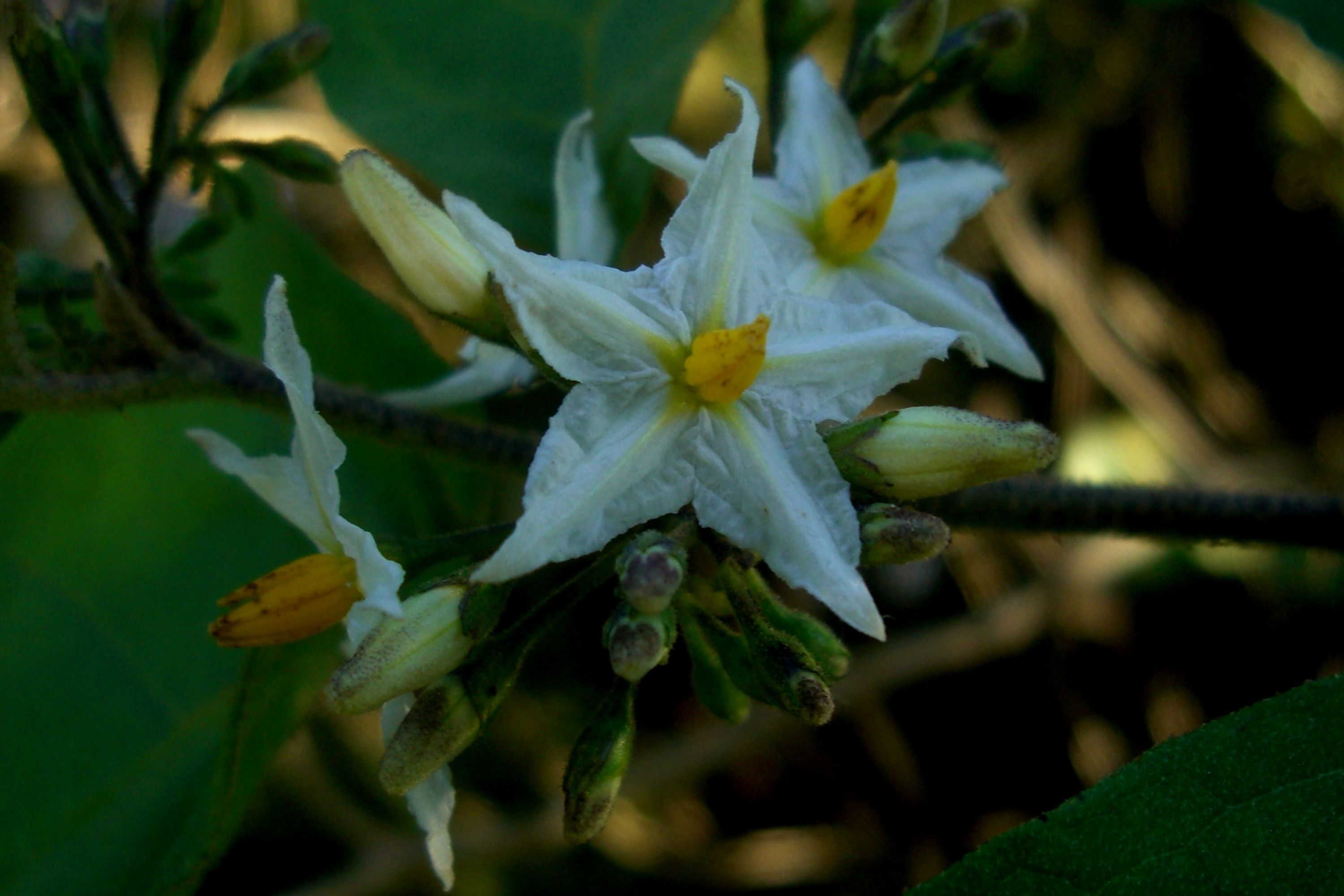
Description
Solanum chacoense is a species of wild potato. It is native to South America, where it can be found in Brazil, Bolivia, Argentina, Peru, Uruguay, and Paraguay. It "is one of the most widely distributed wild potato species." It grows as a common weed in disturbed habitat such as crop fields. It can also be found in Australia, China, the United States, England, New Zealand, and elsewhere as an introduced species. This plant has been extensively researched in the quest to find ways to improve its relative, the cultivated potato (Solanum tuberosum). It is sexually compatible with the common potato. It was likely introduced to regions outside its usual range when it was imported for study and breeding with the potato. Many of the sites where it has been found are next to plant breeding stations and botanical gardens. This wild species contains leptine glycoalkaloids which make it resistant to the Colorado potato beetle (Leptinotarsa decemlineata), a pest of potato crops. It has also shown resistance to verticillium wilt and potato leafroll virus. Solanum is a large and diverse genus of flowering plants, which include three food crops of high economic importance: the potato, the tomato and the eggplant (aubergine, brinjal). It also contains the nightshades and horse nettles, as well as numerous plants cultivated for their ornamental flowers and fruit. Solanum species show a wide range of growing habits, such as annuals and perennials, vines, subshrubs, shrubs, and small trees. Many formerly independent genera like Lycopersicon (the tomatoes) and Cyphomandra are now included in Solanum as subgenera or sections. Thus, the genus today contains roughly 1,500–2,000 species. The generic name was first used by Pliny the Elder (AD 23–79) for a plant also known as strychnos, most likely S. nigrum. Its derivation is uncertain, possibly stemming from the Latin word sol, meaning "sun", referring to its status as a plant of the sun. The species most commonly called nightshade in North America and Britain is Solanum dulcamara, also called bittersweet or woody nightshade. Its foliage and egg-shaped red berries are poisonous, the active principle being solanine, which can cause convulsions and death if taken in large doses. The black nightshade (S. nigrum) is also generally considered poisonous, but its fully ripened fruit and foliage are cooked and eaten in some areas.
Taxonomic tree:

